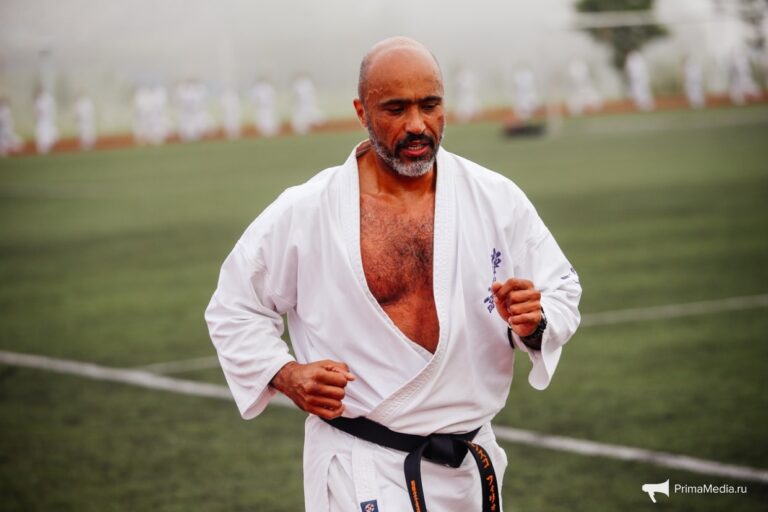Living in Yerevan is dangerous from an environmental perspective – Narine Kirakosyan
August 22 2024, 10:26
Narine Kirakosyan, co-founder of the Eco-Media platform, warns that the air pollution index in Yerevan, as well as the content of sulfur dioxide, exceeds the permissible level. Meanwhile, according to her, the relevant bodies do not take preventive measures to reduce the level of pollution, or the measures taken are not enough to eliminate the problems. According to Narine Kirakosyan, living in Yerevan, from an environmental perspective, is dangerous for health.
“Yerevan is being poisoned by the burning of waste at the Nubarashen landfill, the lack of deciduous trees, and car filters. The Greening and Environmental Protection Department of the Yerevan Municipality is simply throwing dust in our eyes. Before cutting down the trees, the employees of this department consulted with our organization. I suggested that they study what trees were planted during the Soviet Union. We talked about plane trees, climbing plants that do not require much soil but are of great ecological importance. But they decided to cut down the elms, claiming that they were sick, and brought in new species of trees that could not neutralize the effects of sulfur dioxide. Oaks, birches, and poplars can do this, but the relevant department of the city hall commits a criminal act by cutting down trees with lush foliage and buying expensive trees. Besides, mountains in Arzni, which are mines of stone, sand and rubble, are destroyed every week. The atmosphere of Yerevan is formed by the winds that bring this dust from there. Yerevan is a living organism, in which it is not only uncomfortable to live but also dangerous. Today, there is no clean air in Yerevan,” Narine Kirakosyan told Alpha News.
According to the journalist, despite the established rules for construction, developers do not comply with them. The municipality requires that the territory be equipped with an opaque net throughout the entire construction period; otherwise, the builder will be held administratively liable.
“Right now, during our interview, construction is underway in the adjacent area, as a result of which dust accumulates and rises to the roofs of high-rise buildings, but the builder does not spray water or fence the building with a net. There are many such cases, but they are not punished, even with a fine. And if you say anything else, the builders get offended, they have more rights to speak than ordinary residents,” the journalist says.
Speaking about the thujas planted in the spring on the territory of the Church of St. Gregory the Illuminator that dried up in the summer, Narine Kirakosyan noted that she does not rule out that there is a corruption scheme in this deal.
“Thujas are quite specific tree species and require a lot of care. In addition, it was unclear why they were planted in such a hot place, since this type of tree likes a humid environment. In this regard, the same city hall department said that they would plant junipers, which are very important, but they also dry out quickly and grow slowly. Junipers produce phytoncides, that is, they are natural filters. And now, if they show that they planted junipers, then why did they buy thujas worth 200,000 drams? It is clear that a corruption scheme is in effect; we cannot cope with this, our residents must actively fight for an environmentally friendly city,” the journalist said.







